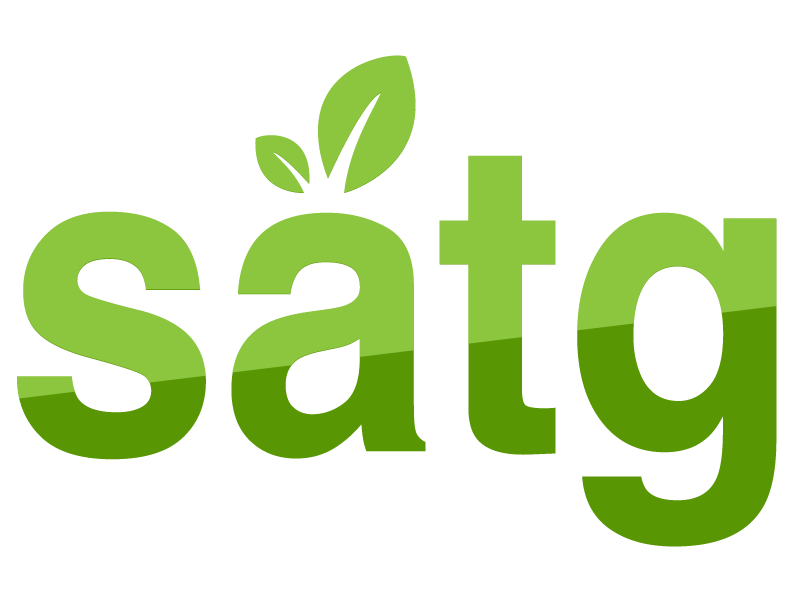SATG Board of directors
Mission and Vision
Our mission is to strive for peace and prosperity through sustainable agricultural development. We envision safeguarding the institutional memory of Somali agriculture during times of instability, facilitating access to appropriate agricultural technology for communities, revitalizing agricultural education and research centers, and fostering collaborative efforts with diverse stakeholders to ensure the sustainable development of Somali agriculture and the conservation of natural resources.
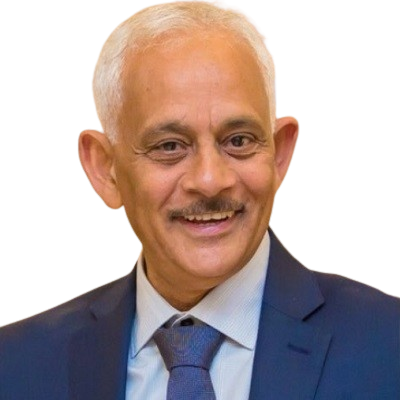
Dr. Hussein Haji
SATG Executive Director
Hussein Haji, Ph.D., has served for twenty years with the Ministry of Agriculture in Somalia. He worked as Senior Researcher and a lecturer of Genetics and Plant Breeding at the Somali National University. He has also served as the coordinator of the national sorghum improvement program and director of the central agriculture research station. He travelled to Canada where he obtained his Ph.D. in Genetics and Plant Breeding at the University of Guelph. Soon after his graduation, he joined Agriculture and Agri-food Canada, where he served for 10 years as a lead scientist in the tobacco breeding and biotechnology department. During his service, he developed both open pollinated as well as hybrid varieties of tobacco using state-of-the-art technologies. While working with Agriculture Canada, Haji joined other agriculture professionals in founding the Somali Agricultural Technical Group (SATG).
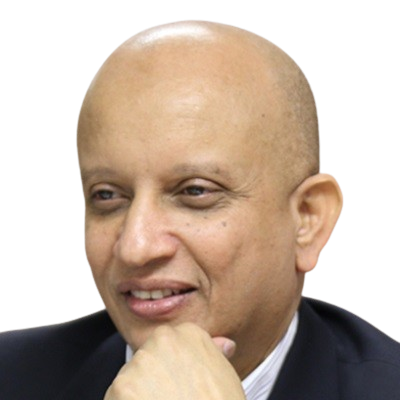
DR. MOHAMED KASSIM
Professor at Seneca Polytechnic in Toronto Canada
Dr. Kassim has a Bachelor’s Degree in Computer Engineering (King Abdelaziz University Jeddah, Saudi Arabia), Master of Arts (York University Toronto, Canada) and Ph.D. (Intellectual History, History of the Local Production of Knowledge, and Women and Knowledge-Engendered Power York University, Toronto, Canada). He is currently a Professor at Seneca Polytechnic in Toronto Canada where he is tasked with the development and delivering of curriculum that reflects the latest trends and best practices in the Information Technology field. He has successfully designed and implemented comprehensive projects that bridge theoretical knowledge with practical application, enhancing students’ ability to grasp and apply complex concepts. Some of the courses he teaches include: Systems Analysis and Design, Project Management, Capstone Projects Supervision, Computer Programming, Business Requirements Analysis Using Object Oriented Models, and Database Design. Dr. Kassim has previously lectured in University of Toronto at Mississauga and Brock University.
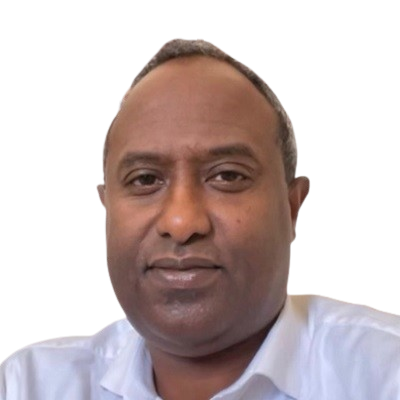
Dr. Mohamud Hussein
Founder and Director at Agribusiness Solutions Hub
Dr. Mohamud holds a bachelor’s degree in Agricultural Sciences with Economics Major from the University of Perugia, Italy, an MSc in Agricultural Economics from Imperial College London, UK, and a PhD in Agri-Environmental Economics from the University of Kent, UK. With over 25 years of experience in development, the food industry, public policymaking, and research in the UK, as well as consultancy in the Horn of Africa region, he has managed technical systems and projects in the food industry targeting new markets and conducted assessments and evaluations of public policy interventions. His expertise includes econometric analysis of food demand, economic modeling of regulation, and environmental valuation. Dr. Mohamud has collaborated with UN agencies, the World Bank, and the European Union on projects aimed at improving food security, economic recovery, and resilience in agriculture and the environment, with numerous publications in leading academic journals.
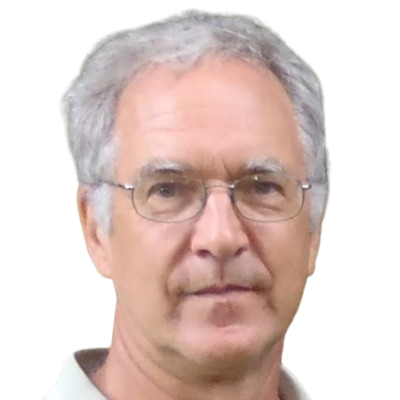
Dr. Paul Porter
Paul Porter, Professor Emeritus, Agronomy and Plant Genetics, University of Minnesota
Paul retired in 2020 from the University of Minnesota after 25 years of service as a cropping systems agronomist. His research included crop rotations, alternative crop systems, rye as a cover crop, and agroecosystem analysis. Before completing his M.S. and Ph.D. in Agronomy at the University of Illinois, he was a Peace Corps volunteer in Zaire (now the DRC). In the mid-1980s Paul worked with the “Wyoming Team” on the Bay Region Agricultural Development Project in Baidoa, Somalia. Following that he worked with Clemson University for five years before moving to Minnesota. During his career he held research, extension and teaching appointments. Since retirement he serves as a consultant for FAO on the Somali Food Systems Assessment. He is a very active SATG Board of Director since its creation in 2001.
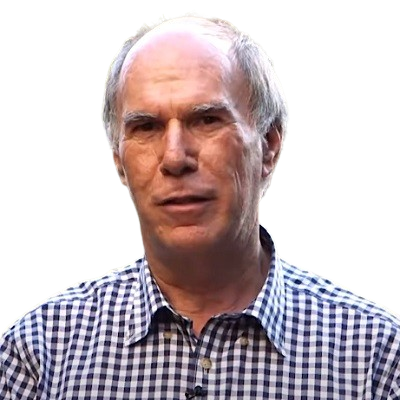
Dr. Richard Jones
Chief of Party, SSTP Project (AGRA)
Richard Jones, Ph.D., is an agronomist by training and an internationally respect expert on farming systems, seed dissemination and smallscale agribusiness. He began his career in Botswana in 1981, where he was posted by the British Government to work on a smallholder farming systems research project. His research helped improve crop productivity in two important production areas: using post-flood residual moisture in the famous Okavango Delta, and rain-fed agriculture in surrounding areas on sandy soils typical of the semi-arid tropics. It was here that he first began working on millet, sorghum, groundnuts and cowpeas and learnt to appreciate the hardiness of these crops. In 1989, he was awarded a Ph.D. from Reading University. His thesis compared the two types of farming systems in Botswana.
Empowering Somalia's Agriculture: The Mission of SATG
SATG is a registered non-profit association comprising Somali professionals and friends of the country, committed to aiding in the reconstruction of Somalia and preserving its agricultural heritage. Established with the aim of offering sustainable, home-grown solutions to mitigate widespread food shortages stemming from conflict and the absence of agricultural and food policies, SATG leverages a blend of practical and scientific expertise that extends to grassroots levels.
All endeavors undertaken by SATG prioritize real-world applicability, conducting studies in critical target areas in collaboration with partners and local farmers. Recognizing agriculture, including livestock, as the cornerstone of the Somali economy, with pre-war statistics indicating that 67% of the GDP derived from livestock, agriculture, and fisheries, SATG envisages a future where agriculture not only fosters reconciliation and reconstruction but also serves as a pivotal element in revitalizing the Somali economy.
This vision holds the potential to address both social and economic challenges significantly.
